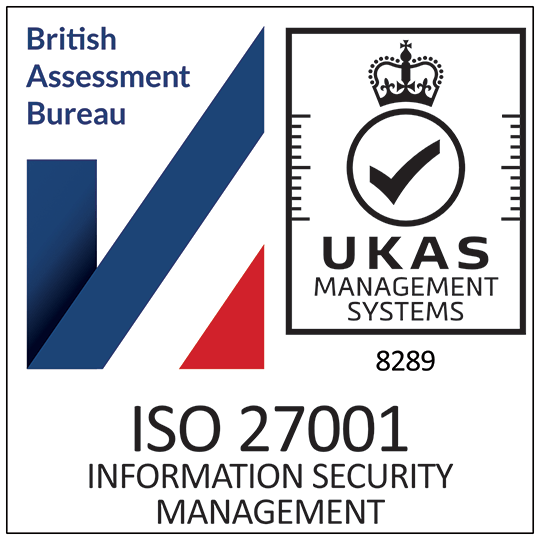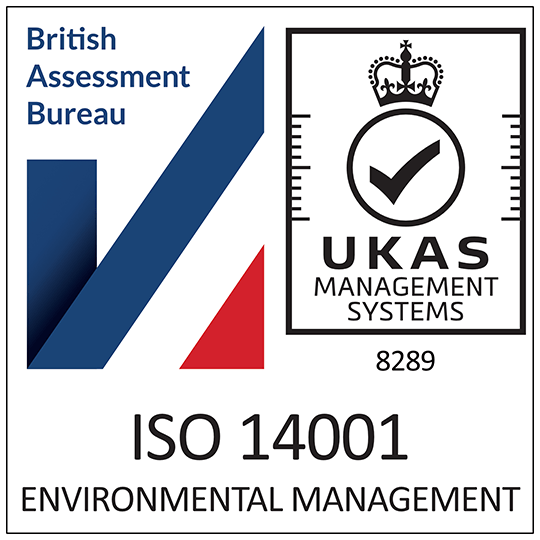The International Etiquette of Plastic Business Cards
A 2012 survey indicated that 59% of buyers expect a salesperson to hand over a business card, confirming how important plastic business cards can be.
Plastic business cards are more than just a means of introducing yourself, they’re a representation of the person you are. Your card should contain your contact information, including a direct line number, your company name, job title, company phone number, URL and email address.
Most countries, apart from in Western Europe and North America, have a ceremonial approach to the exchange of business cards. If you travel for business, it’s important to bear some of these points of international business etiquette in mind.
It can be helpful to translate the information on the front of your plastic business cards into the language of the country you are visiting on the reverse of the plastic cards if you are travelling to a non-English speaking country. You should also resist the urge to hand out your card to everyone you meet.
Business cards are treated with special care and respect in Asia where they are seen as valuable. People exchange cards, usually at the beginning of business meetings, with both hands with a small bow or with a handshake.
Business meetings don’t start in Japan until business cards have been exchanged between all participants. The person with the highest rank or company position is presented with the card first and then cards are exchanged between the rest of the group in order of importance. Status and hierarchy are extremely important in Japan so be sure to include your company title on your business card.
In India, education is more highly valued than status so if you have academic or professional qualifications consider including them on your business card.
In China it is considered polite to offer a card before asking for one in return and considered rude to put the card away without first looking at it and familiarising yourself with the name and the job title of the person who presented it to you. If you do translate your personal information on the card, do it in simple Chinese, either Mandarin or Cantonese and print it in gold ink, which is considered auspicious in China.
If you want to taste international business success remember your business etiquette. Why not explore the rest of the site for more information as to how to get the best out of your plastic business cards, plastic membership cards and plastic loyalty cards.




